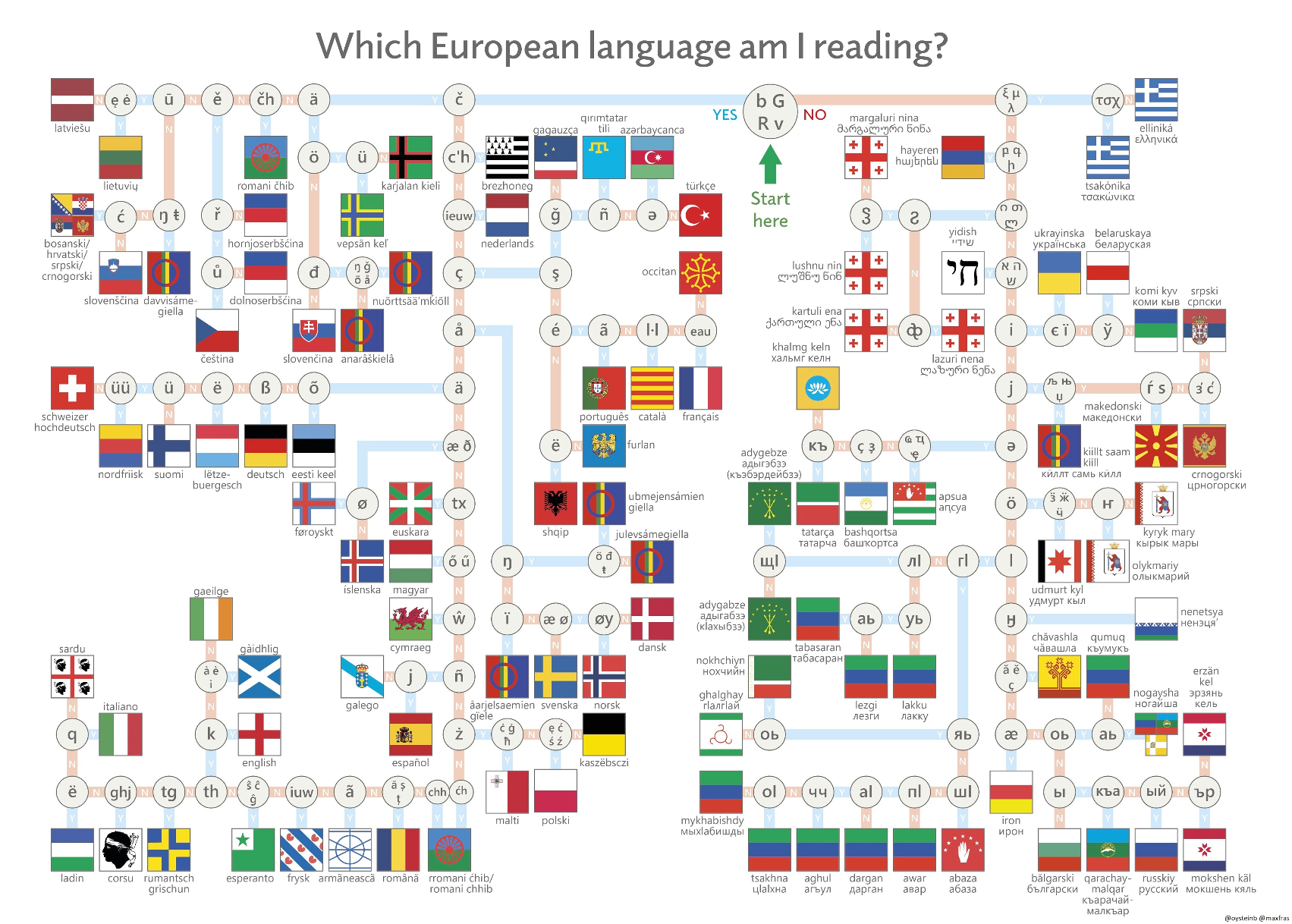this post was submitted on 30 Jul 2024
361 points (96.9% liked)
YUROP
1212 readers
1 users here now
A laid back community for good news, pictures and general discussions among people living in Europe.
Other European communities
Other casual communities:
Language communities
Cities
Countries
- [email protected]
- [email protected]
- [email protected]
- [email protected]
- [email protected]
- https://feddit.dk
- [email protected] / [email protected]
- [email protected]
- https://lemmy.eus/
- [email protected]
- [email protected]
- https://foros.fediverso.gal/
- [email protected]
- [email protected]
- Italy: [email protected]
- [email protected]
- [email protected]
- [email protected]
- [email protected]
- Poland: [email protected]
- [email protected]
- [email protected]
- [email protected]
- [email protected]
- [email protected]
- [email protected]
- [email protected]
founded 9 months ago
MODERATORS
you are viewing a single comment's thread
view the rest of the comments
view the rest of the comments

Nobody in any of Gaeltachts uses any of the Irish words with "th" in them? That doesn't sound right. Go raibh maith agat agus go n-éirí an bóthar leat.
I was pointing out that there are contexts (such as signage) in which they often don’t. It is possible to write perfect Irish without ever using a TH. For example:
“Go raiḃ maiṫ agat agus go n-éirí an boṫar leat”.
There are indeed books you could open and not find a single instance of it.
Ahh, I misunderstood what you were saying. Thanks for clarifying
Admittedly it's been a while since I've read an Irish book (or any book, audiobooks are more convenient for me) but I'd never come across anything modern that used the dot throughout, only in much older manuscripts or the like. Or stylized writing for designs. Signs are a good example.